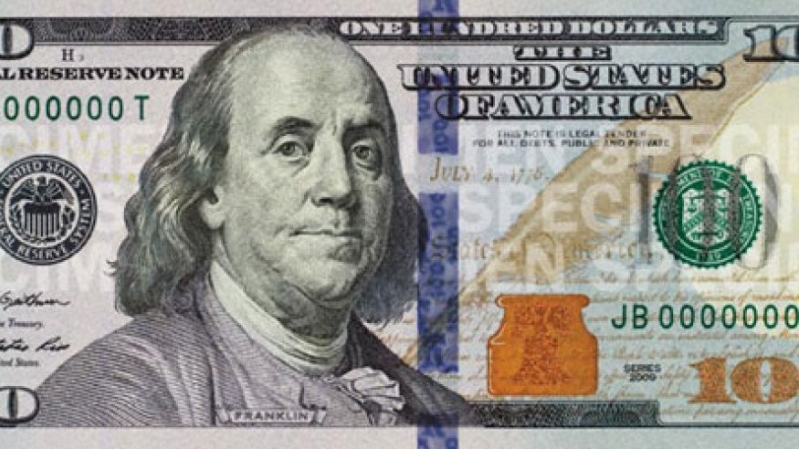
An agency within the United States government has issued data for prices in 2013. Nonprofit organization Tax Foundation took that data and showed the real value of $100 in each state; the same amount of money goes further in some parts of the U.S.
According to Alan Cole and Scott Drenkard of the Tax Foundation, $100 can go further in a low-price state in comparison to a high-price state. The Tax Foundation created a map based on data measuring prices in 2013 from the Bureau of Economic Analysis.
"The states where $100 is worth the most are Mississippi ($115.21) Arkansas ($114.29) South Dakota ($114.16) Alabama ($114.03) and West Virginia ($113.12)," Cole and Drenkard wrote. "In contrast, $100 is effectively worth the least in the District of Columbia ($84.96) Hawaii ($86.06) New York ($86.73) New Jersey ($87.34) and California ($89.05)."
The Tax Foundation found that regional price differences can be "strikingly large." For instance, it found that "real purchasing power" is 36 percent greater in Mississippi than in the District of Columbia.
"By this measure, if you have $50,000 in after tax income in Mississippi, you would have to have after-tax earnings of $68,000 in the District of Columbia just to afford the same overall standard of living," Cole and Drenkard wrote.
The Tax Foundation contended that "states with higher nominal incomes also have higher price levels." Labor economists described this phenomenon as a "compensating differential," where higher pay is offered to make up for low purchasing power.
"There is a relationship between the two: in places with higher incomes, the prices of finite resources like land get bid up," Cole and Drenkard wrote. "But the causation also runs in the opposite direction. Places with high costs of living pay higher salaries for the same jobs."
Cole and Drenkard noticed that there were some states, such as North Dakota, have high incomes without the pain of high prices. When incomes are adjusted for price level, they found it can change perceptions on which states are "truly poor or rich."
"For example, Nebraskans and Californians earn approximately the same amount in dollars per capita, but after adjusting for regional price parity, Nebraskan incomes can buy more," Cole and Drenkard wrote.
The Tax Foundation noted that the government's data could have "substantial implications for public policy," given that the minimum wage, public benefits, and tax brackets are all denominated in dollars. In addition, such policies are "often progressive with respect to income."
"With different price levels in each state, the amounts aren't equivalent in purchasing power," Cole and Drenkard wrote. "This has some unexpected consequences; people in high-price-level states like New Jersey will often pay more in federal taxes without feeling particularly rich."






